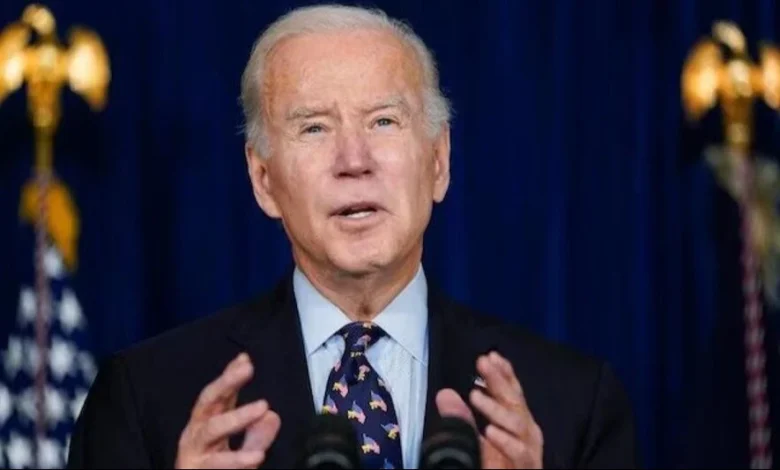Biden Administration to Unveil Contractor Rule

The upcoming unveiling of the Biden Administration’s Contractor Rule represents a pivotal shift in federal labor relations, designed to enhance protections for workers involved in government contracts. This initiative seeks to establish stricter compliance with wage standards and promote transparency in labor practices. While the implications for worker benefits and job security are significant, it also raises questions about the responsibilities that contractors will face under these new regulations. As the details emerge, stakeholders across the spectrum are poised to assess the broader impact on the federal contracting landscape. What changes might this entail for both workers and employers?
Overview of the Contractor Rule
As the Biden administration seeks to reshape labor relations and enhance worker protections, the Contractor Rule represents a significant regulatory change aimed at ensuring fair labor practices among federal contractors.
This rule emphasizes contractor compliance with labor standards, impacting the bidding processes for government contracts. By mandating adherence to fair labor practices, the rule aspires to foster a more equitable environment for workers and contractors alike.
See also: Blake Lively Nude Fake
Key Provisions and Changes
The Contractor Rule introduces several key provisions designed to enhance labor protections and ensure compliance among federal contractors.
Notably, it mandates stricter contractor compliance with established wage standards, aiming to eliminate wage theft and promote equitable pay.
Additionally, the rule emphasizes transparency in reporting labor practices, reinforcing accountability and fostering a fairer working environment for all employees engaged in federal contracts.
Impact on Workers and Employers
Implementation of the Contractor Rule is poised to significantly influence both workers and employers within the federal contracting sphere.
This regulation enhances worker benefits, ensuring fair compensation and enhanced job security.
Concurrently, it imposes greater employer responsibilities, mandating compliance with labor standards and ethical practices.
Such changes foster a more equitable work environment, ultimately benefitting both parties engaged in federal contracts.
Future Implications for Federal Contracting
Anticipating future implications for federal contracting reveals a landscape marked by increased oversight and evolving compliance requirements.
As contractor compliance becomes paramount, firms may face heightened scrutiny, influencing their operational strategies. This shift is likely to affect the federal budget, necessitating more resources for monitoring and enforcement.
Ultimately, these changes aim to foster accountability and transparency within federal contracting practices, aligning with public interest.
Conclusion
The imminent Contractor Rule represents a pivotal shift in labor relations, emphasizing compliance, transparency, and accountability. By instituting stricter wage standards, enhancing worker protections, and promoting ethical labor practices, this regulation aims to secure a more equitable workforce. The implications for both workers and employers are profound, potentially reshaping the landscape of federal contracting. As the administration navigates these changes, the commitment to fair labor practices, improved benefits, and job security remains at the forefront of this initiative.







